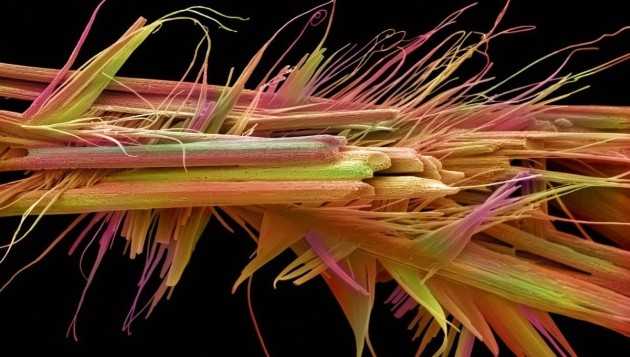Consuming a moderate amount of coffee may reduce the risk of developing clogged arteries, which in turn might reduce the risk for heart attack, a new study suggests.
The study of healthy young adults in Korea found that, compared with people who didn’t drink coffee, those who drank three to five cups of java per day had a lower risk of having calcium deposits in their coronary arteries, which is an indicator of heart disease.
“We found that drinking three to five cups a day was associated with less calcium build-up in the arteries,” said researcher Dr. Eliseo Guallar, a professor from the department of epidemiology and medicine at Johns Hopkins Bloomberg School of Public Health in Baltimore, Maryland, and co-author of the study published on March 2 in the journal Heart.
Guallar said that this study cannot show a direct cause-and-effect relationship between coffee and reduced calcium in the arteries, but noted that the association between these factors is very strong.
Although the reasons for this association are not known, Guallar said, researchers speculated that coffee may reduce the risk for type 2 diabetes, a risk factor for hardening of the arteries.
Guallar stopped short of recommending that people drink coffee to prevent heart disease, but as he noted, “People should not be concerned about coffee intake. This is a habit that is not harmful to the heart.”


















